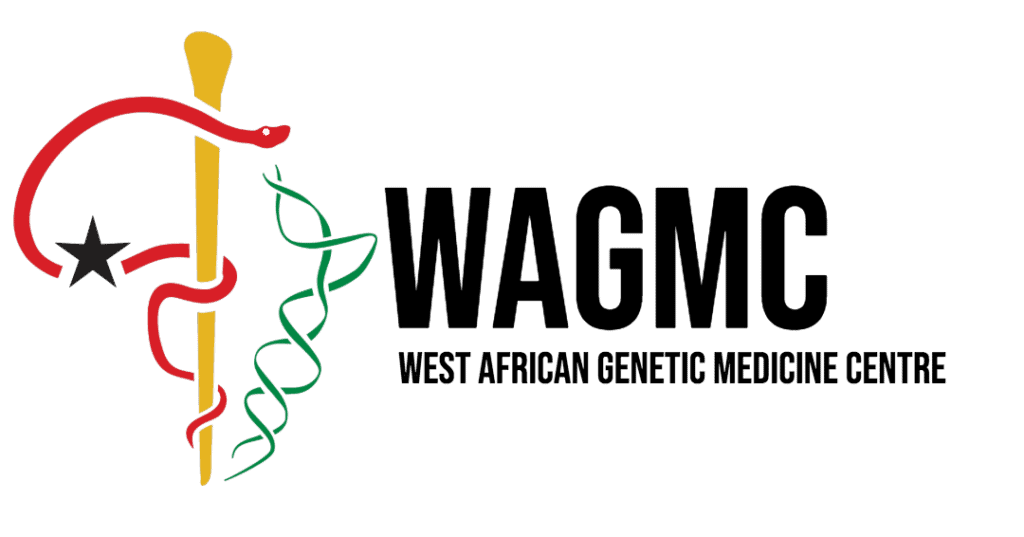Allied Health
Genomics
The West African Genetic Medicine Centre (WAGMC) is offering a short course in genomics for allied health professionals. The Allied Health Genomics (AHG) short course is designed to provide allied health professionals with basic competencies in genomics to allow their active participation in genetic health care delivery. The course includes general topics in large-scale genomics projects, genetic literacy, genetic testing, laws governing personalized medicine, and ethical legal and social implications of genomic medicine. Additional topics are focused on genomics in audiology, speech pathology, dietetics, radiography and other allied health specialities. The course is delivered using multiple teaching and learning tools, including pre-and-post-testing, didactic lectures, videos, and panel discussions packed into an intensive and interactive five-day programme. It is offered by an international faculty of experts in molecular genetics, genomic ethics, genetic counselling, dietetics, radiogenomics, health psychology, and a diversity of allied health specialities, including audiology, speech pathology, occupational therapy, physiotherapy, and medical laboratory science. Participants will be issued with a Certificate in Allied Health Genomics after completing the full five-day course, including taking the pre- and post-tests. While the specialty topics are focused on allied health related disorders, this course is open to all health professionals including physicians, nurses and midwives, pharmacists, and health scientists.

